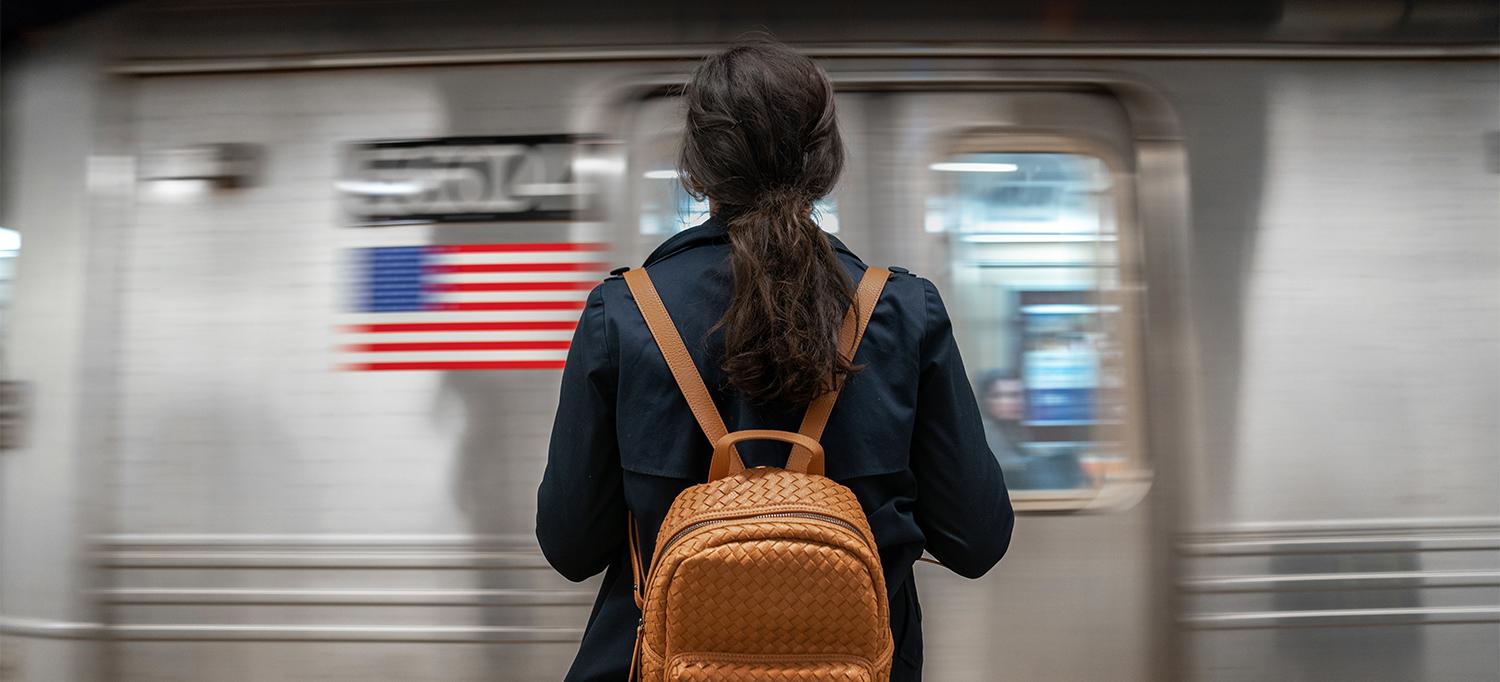
Photo: Orbon Alija/Getty
Through catastrophic crises, New York’s residents have powered through trauma and tragedy, showing great resilience. Just days after a rush-hour attack on the N train, subway ridership was ticking back up.
“We are fundamentally strong people, we are diverse people, we carry a lot of exposure to past trauma that we’ve endured,” says Charles R. Marmar, MD, the Lucius N. Littauer Professor of Psychiatry and chair of the Department of Psychiatry at NYU Grossman School of Medicine. “In the same way we are COVID-inoculated, if you successfully master past stressors, then you become somewhat stress-inoculated.”
Still, more than two years into a grinding pandemic, the need to dip into even deeper reserves of fortitude can be taxing in itself. There are ways to ease the burden that comes with witnessing so much trauma, including talking to friends and other New Yorkers and avoiding images of disturbing events, says Dr. Marmar.
Cell phone videos blazed across the internet after the attack—of a train filled with smoke and of passengers moaning quietly in pain. Turn them off, Dr. Marmar advises. But “don’t avoid past reminders of it, or you risk becoming phobic,” he says. “It is important to take a few days, recover, and then get back on the N train.”
Read more from The New York Times.